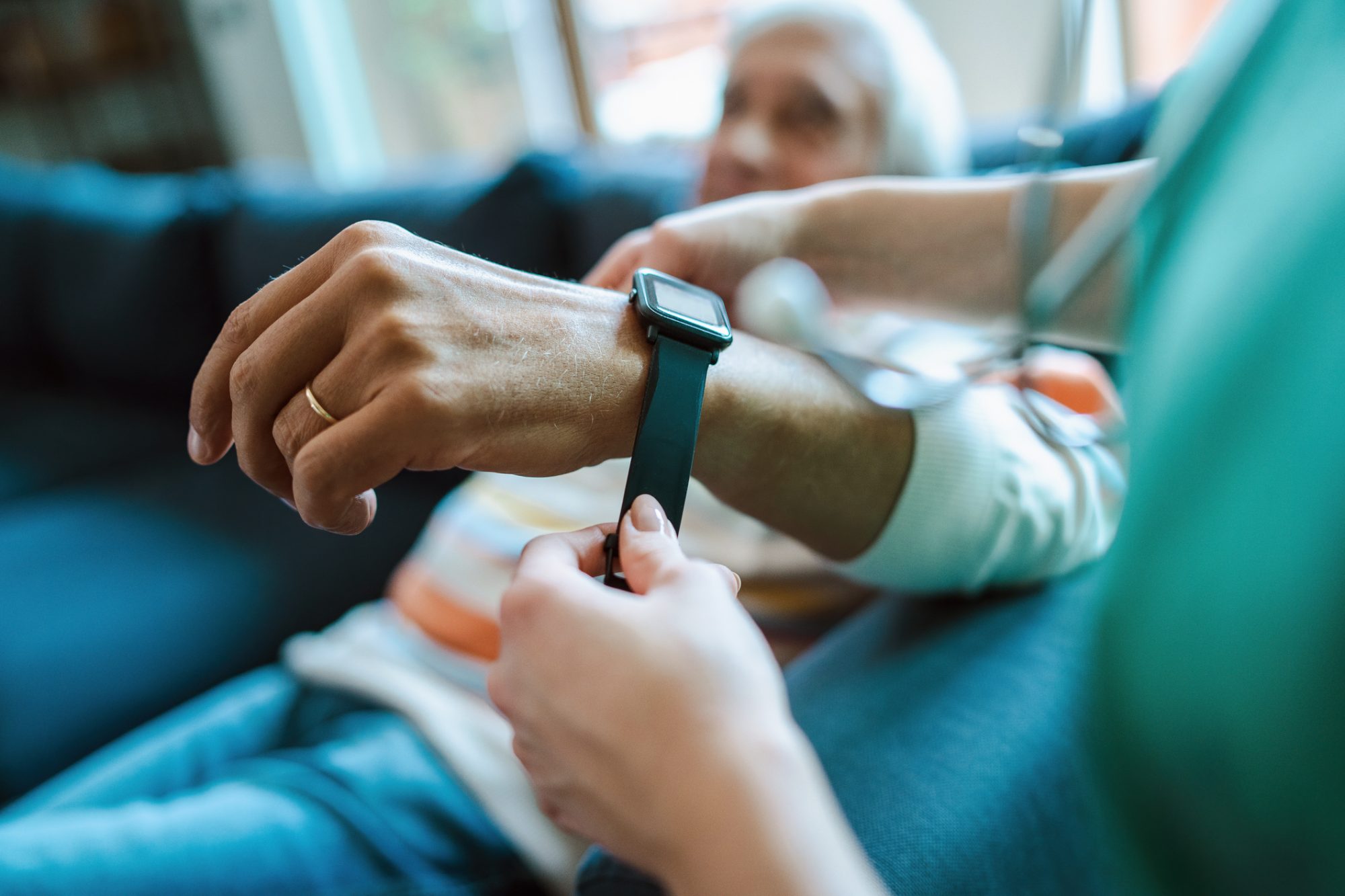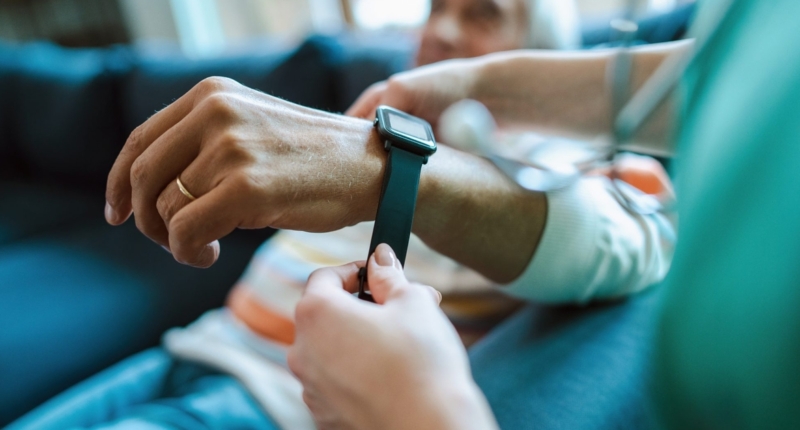In the context of healthy ageing, technology can be an essential tool to support older adults’ quality of life and independence. Networks driving innovation in AgeTech are emerging as crucial players in accelerating the delivery of technology-based solutions that increase safety, security, and social participation. AGE-WELL is one such network, where researchers, older adults, caregivers, and partner organizations collaborate to develop and implement over 170 technologies, services, policies, and practices that benefit older adults. AGE-WELL’s active research areas include smart home sensors, “smart” gloves, and public policy. New Canadian initiatives, envisAGE, and Healthy Aging Canada also aim to promote technology adoption and innovative research in AgeTech. Global collaboration is essential to address the universal challenges of ageing, tearing down silos, and building on existing networks to transform the lives of older adults and caregivers.
Solutions for Healthy Ageing: How Technology Can Make a Difference
As the world’s population ages, it’s becoming increasingly important to help older adults maintain their independence and quality of life through healthy ageing. Professor Alex Mihailidis is exploring how innovative technology can play a significant role in achieving this goal.
The Benefits of Technology for Healthy Ageing
Technology can support caregivers and alleviate pressure on healthcare systems. Platforms that promote physical and cognitive health, remote therapies, and systems that connect people are among the innovations that can help older adults and their caregivers.

Technology-Based Solutions and the COVID-19 Pandemic
The COVID-19 pandemic has exposed serious gaps in care and services for older adults while highlighting the potential for technology to support seniors in all settings, including hospitals, communities, homes, and long-term care facilities.
Receptiveness of Older Adults to Technology
According to a poll conducted by Environics Research in July 2020, many older Canadians are receptive to technology. Six out of 10 respondents aged 65 and above agreed that technological advancements can help maintain relationships with family and friends, reduce social isolation, pursue hobbies, manage all aspects of health, and stay active and in their own homes as they age. Almost seven out of 10 were willing to pay for technology that allows them to age in place, while about half would pay for technology that helps manage health and wellness.
The Fast-Growing Sector of AgeTech
AgeTech is a rapidly growing sector, with global estimates projecting it to become a multi-trillion-dollar market. However, it’s essential to remember that there is a digital divide between technology haves and have-nots. Technologies must be accessible, affordable, and user-friendly, and equitable access to technology is a human right.
Research Interest in the Role of Technology for Older Adults
Recent years have seen a surge of interest within the research community in the role of technology for older adults. A quick search of ageing and technology in PubMed reveals an exponential increase in the number of papers published in this area. In 1996, only a handful were published, while last year, there were more than 6,000.
In conclusion, innovative technology can make a significant difference in promoting healthy ageing and maintaining quality of life for older adults. As the world’s population continues to age, it’s crucial to ensure that these technological solutions are accessible, affordable, and user-friendly to bridge the digital divide and guarantee equitable access to technology as a human right.
Networks Driving AgeTech Innovation
In addressing the needs of ageing populations, networks that drive innovation in AgeTech are essential. Aging2.0, AAL Programme, CABHI, and AGE-WELL are some international communities and networks working to accelerate innovation in the healthy ageing space.
AGE-WELL: Accelerating Delivery of Technology-based Solutions
AGE-WELL, funded by the federal Networks of Centres of Excellence program, brings together researchers, older adults, caregivers, partner organizations, and future leaders to accelerate the delivery of technology-based solutions that increase safety and security, support independent living, and enhance social participation. More than 170 technologies, services, policies, and practices are being developed by AGE-WELL teams, including virtual exercise systems, non-intrusive health monitoring technology, and medication and daily life management services for people living with dementia.
Active Research Areas
Smart home sensors, “smart” gloves, and public policy are areas where AGE-WELL’s research is particularly active. Smart home sensors can identify risky situations in the kitchen and signal people to take corrective action. The Steadi-Two, a “smart” glove that reduces hand tremors in people living with Essential Tremor, was created by one of over 60 AGE-WELL startup affiliates. AGE-WELL’s APPTA National Innovation Hub supports governments in assessing the policy and practice challenges of a healthy ageing population.
New Canadian Initiatives
Two new Canadian initiatives that aim to promote technology adoption and innovative research are envisAGE and Healthy Aging Canada. envisAGE is a federally-funded program that will help companies deliver solutions, while Healthy Aging Canada is a unique research collaboration launched by AGE-WELL and the Canadian Frailty Network that drives research excellence to feed the innovation pipeline.
In conclusion, AGE-WELL’s expertise in research and innovation connecting different disciplines and sectors, while meaningfully involving older adults and caregivers, is essential to address the needs of ageing populations. Networks that drive innovation in AgeTech are critical to accelerate the delivery of technology-based solutions and increase safety and security, support independent living, and enhance social participation for older adults.
Technology as an Essential Tool for Healthy Ageing
While technology can never replace the human touch, it is an essential tool to support healthy ageing. Global collaboration is necessary to address the universal challenges of ageing. Building on existing networks, tearing down silos, and transforming the lives of older adults and caregivers everywhere, both now and in the future, is crucial.
Don’t miss interesting posts on Famousbio










